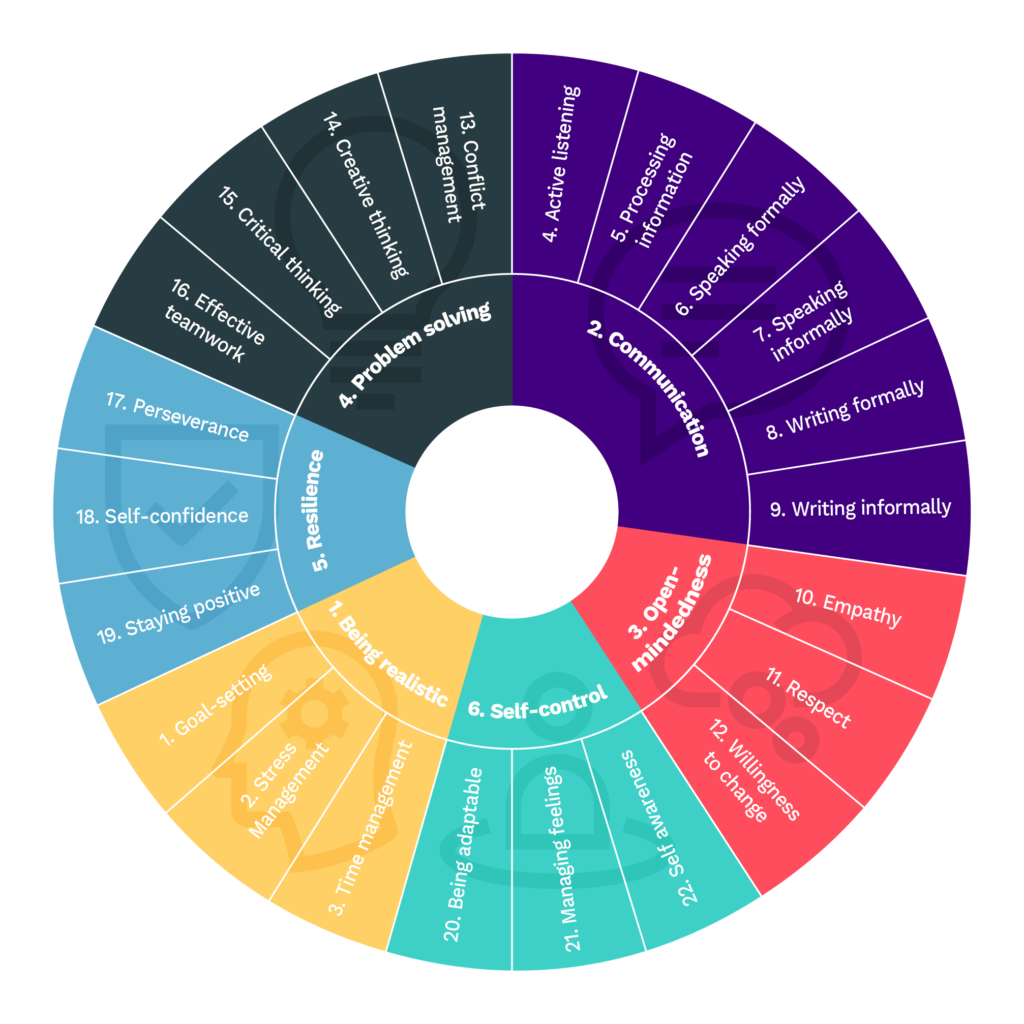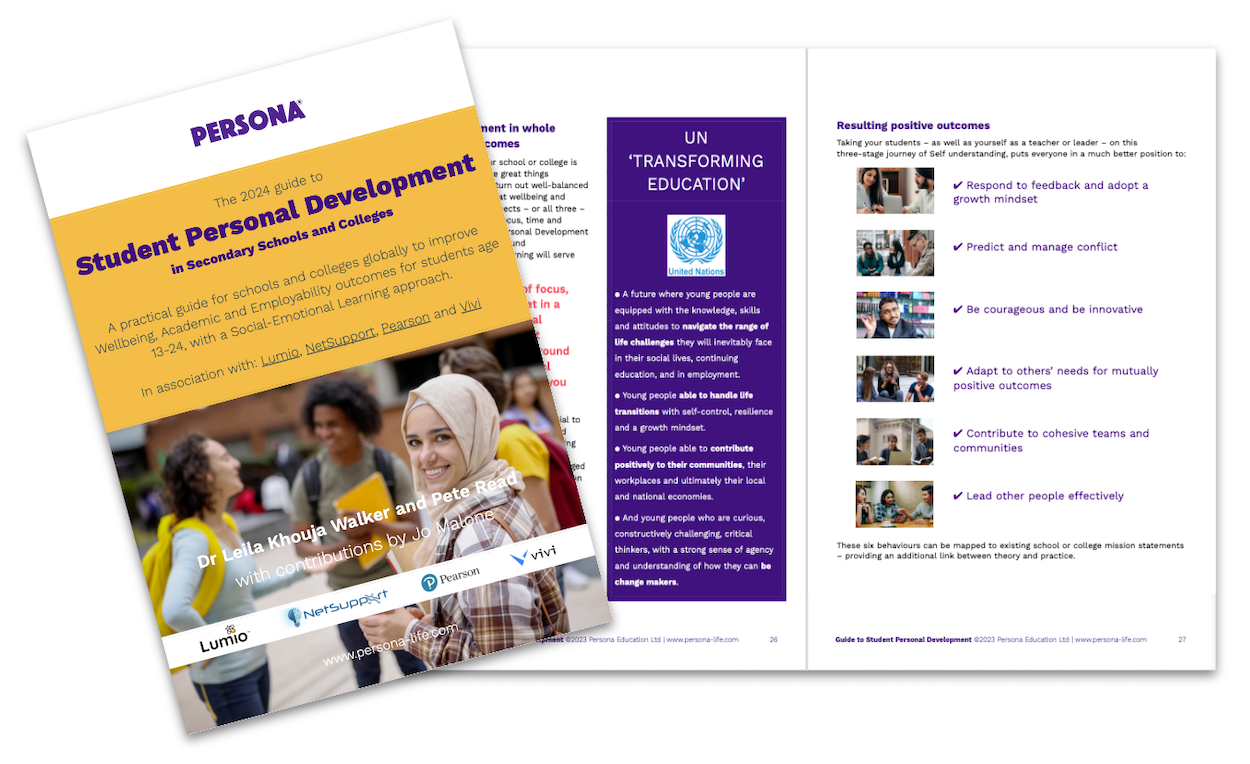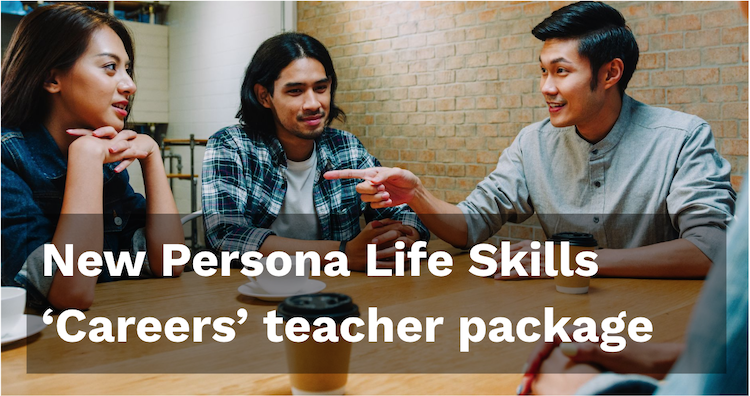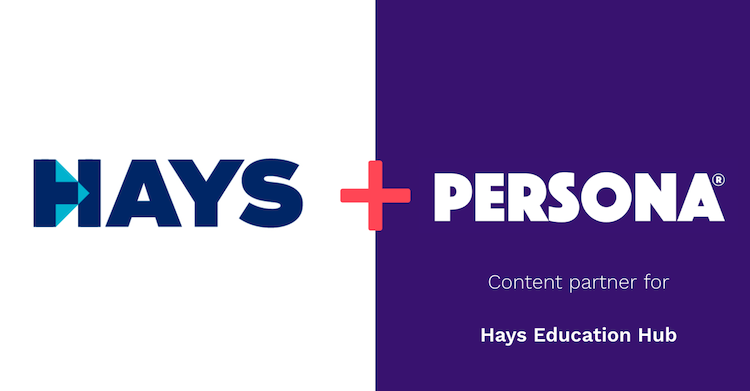Catch-up? Wellbeing! Wellbeing! Wellbeing!

Our post-pandemic call for 2020s education should surely be: Wellbeing! Wellbeing! Wellbeing!
9-Apr-21
By Dr Leila Khouja Walker, Chief Product Officer
If the 1990s political clarion call was "Education! Education! Education!" then our post-pandemic call for the 2020s should surely be: Wellbeing! Wellbeing! Wellbeing!
Anyone who knows me as a researcher, educator or parent will know I like threes:
1. Children, teens and adults need to "Catch-up" on wellbeing lost
"Catch-up" has become a divisive term of late. But it doesn’t have to be. Like most things in the education world, whatever form catch-up takes, it must be informed by research, evidence-led, and sufficiently resourced to make an impact.
Catch-up has for many become synonymous with the Oxford dictionary definition, "to succeed in reaching a person who is ahead of one" – recognition of lost academic progress for many students over the past year.
For others, it’s a term they interpret more as the second definition in the Oxford dictionary, "to talk to someone whom one has not seen for some time in order to find out what they have been doing." As 14 year old Akrit explained in a recent TES article:1
"The government should focus on getting the human element back in our lives. The past few weeks have been like living in one of those dystopian sci-fi films where there’s no interaction between people, just endless computer screens."
Whilst I have no issue with supporting students and others in catching up on any lost ‘learning’ over time, what I do wish to highlight is the precursor for any successful catch-up learning outcome – wellbeing.

As a researcher, I look for evidence, and there is plenty of it. A 2020 Oxford University Wellbeing Impact study2 found a clear correlation between students' wellbeing and their academic performance (as well as non-academic outcomes).
"There is a strong international evidence base to support the assertion that whole-school approaches to promoting wellbeing can have an effect on academic attainment."
As an educator, I look at what schools are demonstrating to be best practice. Julia Knight, Principal at EtonHouse International Education Group wrote a brilliant piece3 in tes.com (Feb-21) about her hands-on experience of the impact of a wellbeing focused curriculum across her schools.
Let me also give a shout out to the work of Gilda Scarfe, founder of Positive Ed – who is leading the way through research-led practice in supporting students, staff and parents to foster better wellbeing.
As a parent, having spent months witnessing my 11 year old daughter's own struggles with wellbeing, I have appreciated how taking time to focus on her (away from schooling) has helped us both through these difficult homeschooling moments. We parents have had to support our children through a learning journey of self-confidence, resilience and perseverance – in our case quite frankly beyond her 11 years and my own 50!
2. Social, learning and work – clearer definitions of wellbeing
Having worked in education for 'wellbeing' for some time now, one thing that still gets in the way is our general use of the term. Honestly, if I could advocate one thing it would be to start delving into this term more deeply and what exactly we all mean when using it. So let me give you an example, starting with three – of course – possible wellbeing contexts: Social, Learning and Work.
At Persona Education, seeking clarity, through our own meta research and pedagogical development, we arrived at three working definitions of wellbeing, recognising the shifts across these different contexts.
Social wellbeing
"I have positive relationships with friends and peers."
Learning wellbeing
"I enjoy learning and understand its purpose."
Work wellbeing
"I feel fulfilled and engaged at work."
From agreed wellbeing outcomes, we identified and defined 22 social-emotional life skills required to support each of the above interpretations:
Some of you might at this stage be thinking "But where does mental health come into this?"
Mental health remains, quite rightly, a significant concern, and post-pandemic will be an even greater one. However, without wanting to get into semantics – there is one clear distinction I would like to make.
Good mental health is a requirement to enable us to function well, most days. I say "most" because to some extent we must expect some days will be better than others.
Sometimes circumstances come along that are unexpected and stress provoking. These instances should not be diminished in importance but understood in terms of what is seen as a ‘normal’ range of reactions to such events, supported through lifelong development of life skills and wellbeing. This compared with incidents that cause individuals to have reactions and experiences that are outside a 'normal' range of responses, and therefore require specialist support for a diagnosed mental illness.
But we must not ignore the importance of continued development of life skills and wellbeing (in all three contexts) for those who do require these additional services. As a 2019 HEPI policy paper4 wonderfully illustrated, someone may have a significant mental illness but still have good wellbeing. Whereas someone with no mental health illness may have poor wellbeing.
The Two Continua Model (based on MNHW 1988)
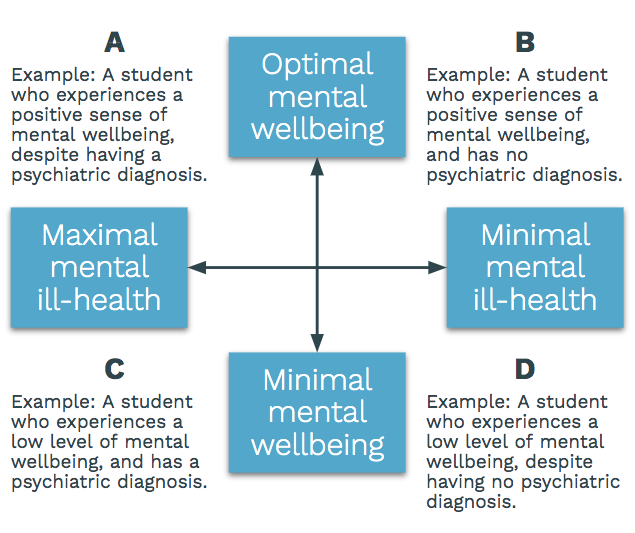
Again, being clear with our definitions, and pairing this clarity with the research, is critical if we are going to make informed decisions on actions to take, and have expectations about the outcomes that can be achieved.
3. Priority, support and funding – prevention is better than a cure
I’ve purposely left priority, support and funding as the last of my three areas for discussion. As well as doing things in threes – I like to do them in a logical order of progression. It’s my rational side at work.
Anecdotally I hear people say "yes we are putting wellbeing at the core of what we are doing". But is this really true?
How many of us can say yes to all three statements below?
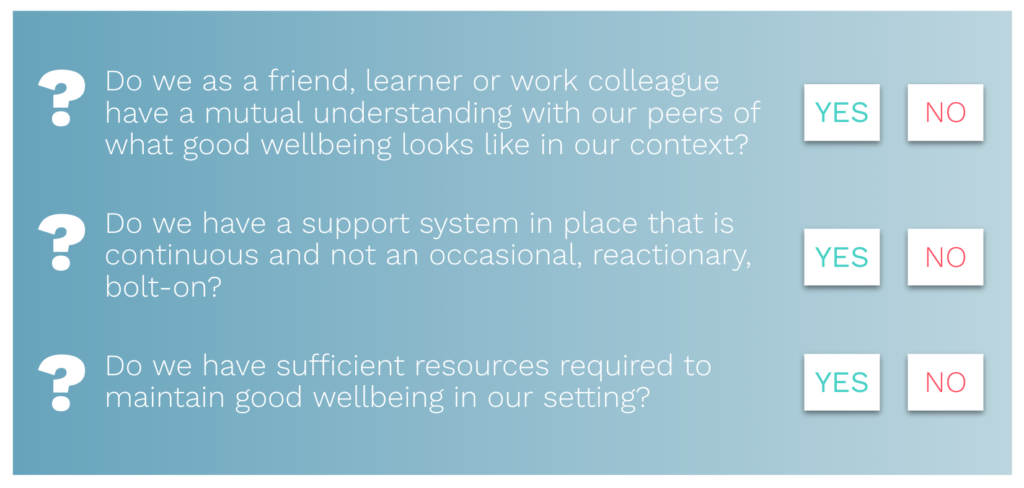
Let's make it happen
If you are unsure of any of the above, I would argue that wellbeing is not yet a priority in your social, learning or work context. Until that day comes, it will remain the "fluffy, bolt-on thing" described by Headteacher Chat.
With priority, comes the need for the right support, and funding to ensure it is implemented well and in a sustainable manner. Additional support is needed to provide schools with the pedagogical tools and training required to deliver wellbeing as a whole school approach – whilst still enabling interventions at an individual level.
Teachers are learning professionals, they use their expertise to achieve optimum learning outcomes. Since research shows that wellbeing is a key precursor for academic success, we need to provide our teachers with an opportunity to become wellbeing experts in the learning context. With this new knowledge and skill, teachers – regardless of subject specialism – will be able to integrate wellbeing strategies into their lesson plans and daily interactions with students.
So come on… let’s make this thing really happen! Let’s keep raising our voices within our own schools but also through wider lobbying and educational networks, and insist that wellbeing must no longer be a fluffy, bolt-on thing, but as core to a school's curricula as Maths and Literacy.
Let’s make our clarion call x3, and give wellbeing the priority, support and funding it so urgently needs.
Persona Education offers free access to its Persona Life Skills e-learning platform for secondary schools and colleges interested in developing their pupils’ social & emotional life skills, to boost wellbeing and employability.
About the author: Dr Leila Khouja Walker has been working in the education sector for 25 years. An ex-teacher and pastoral deputy head, she is now a respected edtech and pedagogy thought leader, leading development of the personality insights life skills e-learning app Persona Life Skills, at the Bristol based edtech company Persona Education Ltd. www.persona-life.com
1 https://www.tes.com/news/what-do-pupils-think-about-covid-catch-priorities
2 https://oxfordimpact.oup.com/wp-content/uploads/2020/10/Wellbeing-Impact-Study-Report.pdf
3 https://www.tes.com/news/children-wellbeing-happiness-school-subject
4 https://www.hepi.ac.uk/wp-content/uploads/2019/05/Policy-Note-13-Paper-May-2019-Measuring-well-being-in-higher-education-8-Pages-5.pdf

